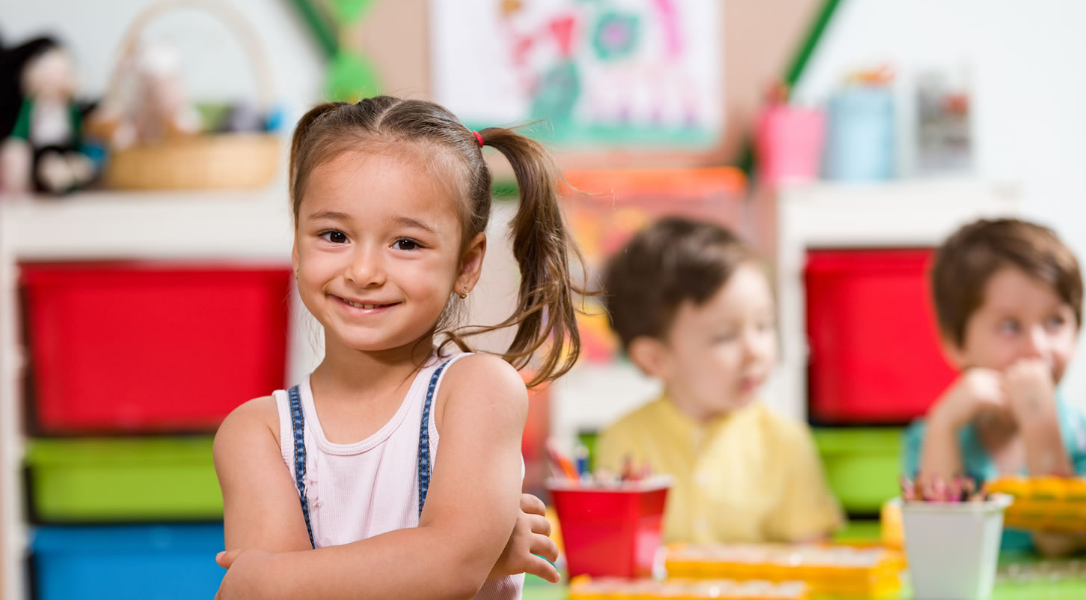How Early Childhood Centres Promote Socialization
Socialization refers to the process of learning and adapting to social norms and values. It is a critical aspect of a child’s development and helps them learn how to interact with others in various settings. In this blog post, we’ll explore how early childhood centres promote socialization and the benefits of socialization in early childhood.
Benefits of Childhood Centres for Socialization
Here are some benefits of childhood centres for socialization:
- Interaction with Peers: Early childhood centres allow children to interact with peers of their age and learn important social skills like sharing, taking turns, and resolving conflicts.
- Exposure to Diversity: Childhood centres provide opportunities for children to interact with children from different backgrounds and cultures.
- Development of Communication Skills: Early childhood centres provide opportunities for children to practice their communication skills through activities like storytelling, show-and-tell, and circle time.
- Building Emotional Intelligence: It provides a safe and supportive environment for children to express their emotions and learn how to regulate them.
- Encouraging Teamwork and Collaboration: It provides opportunities for children to work together on projects and activities, which promotes teamwork and collaboration.

Challenges to Socialization in Early Childhood Centres
While early learning centres provide an ideal environment for socialization, there are some challenges that children may face. Here are some common challenges to socialization in childhood centres:
Shyness or Social Anxiety: Some children may feel shy or anxious in social situations, which can make it challenging for them to interact with peers. Teachers can help these children by providing opportunities for them to participate in activities that are comfortable for them and gradually introducing them to more social situations.
Aggressive or Disruptive Behavior: Some children may exhibit aggressive or disruptive behaviour, which can make it challenging for them to interact with peers. Teachers can help these children by providing them with strategies to manage their behaviour and encouraging positive communication skills.
Language Barriers: Children who speak different languages may find it challenging to communicate with each other. Teachers can help by providing opportunities for these children to learn each other’s languages and by using visual aids and gestures to facilitate communication.
Limited Socialization Opportunities Outside of School: Children who do not have many opportunities for socialization outside of school may struggle to develop social skills.
Conclusion
In conclusion, early childhood centres provide an ideal environment for promoting socialization in young children. Children who develop positive social skills in their early years are more likely to succeed academically, socially, and emotionally later in life. Teachers play a vital role in promoting socialization by creating a positive and inclusive classroom environment. While there are challenges to socialization in early childhood centres, teachers can help children overcome these challenges by providing support and strategies to manage them.





